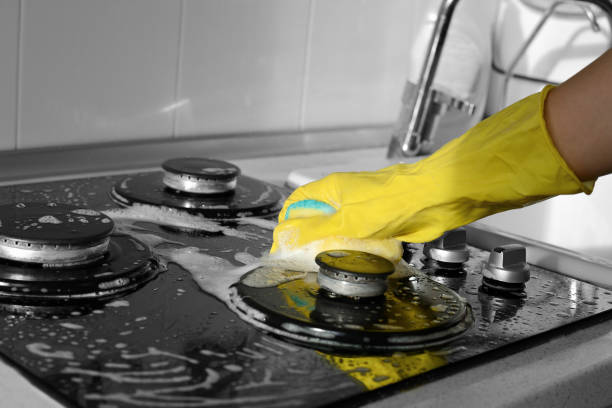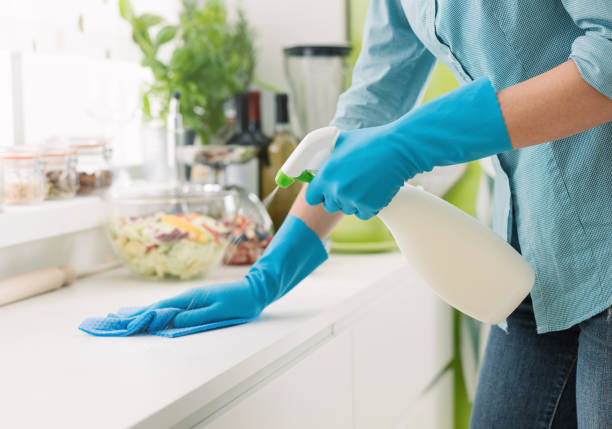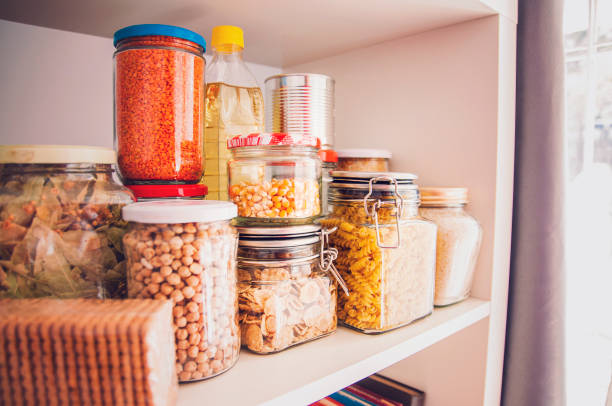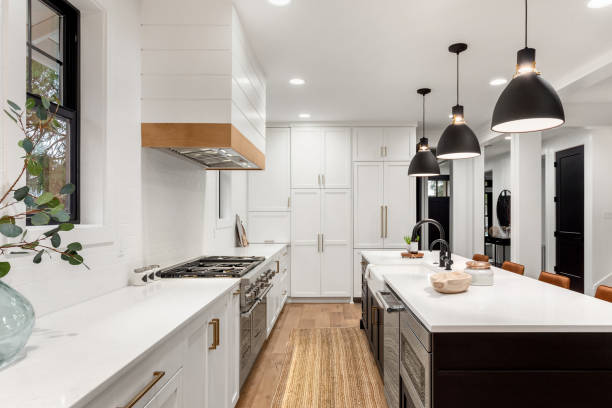Whether you own a restaurant or a private kitchen, food safety and kitchen hygiene practices are crucial to maintaining good health and eliminating or reducing potential risks of diseases. There are over 200 different diseases and illnesses that can be spread through food, so whether it is a home kitchen or a restaurant kitchen, health issues, even as small as a stomach upset, are bound to occur when kitchen hygiene is not at its best.
Of course, you certainly try your best to keep your kitchen clean at all times, but you still won’t be 100% sure if you do not know the entirety of what kitchen hygiene entails, so in this guide, we will enlighten you on food safety and provide a complete checklist of good kitchen hygiene.
See also: How to Treat Hair Lice
What is Kitchen Hygiene?
Kitchen hygiene is the science and practice of maintaining good health by keeping the kitchen clean and free from harmful bacteria. These practices include using proper sanitising and cleaning techniques, maintaining a clean and sanitary work space and following food safety procedures.

A Complete Checklist of Good Kitchen Hygiene
Now that you understand what kitchen hygiene is, to ensure you cover all areas and procedures involved, here is a complete checklist of good kitchen hygiene practices so that your food and cooking area will be clean and safe from bacteria at all times.
Staff Hygiene and Presentation
If you own a restaurant, hotel, or any cooking service that requires you to work with kitchen staff, you must first prioritise staff hygiene to prevent contamination. It is best to document the rules your staff must follow and to train new staff so they understand what is expected of them regarding hygiene in your kitchen. Here is a short list of hygiene practices for your kitchen staff that may also apply to you.
- Accessories such as rings, chains, and watches must be removed.
- Aprons must be used in the kitchen.
- Hair should be covered with a hat or hair net while cooking.
- Disposable gloves should be worn when handling high-risk or easily perishable food.
- Work clothes should be washed regularly.
- Shoes should be fully covered or non-slip.
- Hands should be washed regularly.
- Nails should be clean and short.
- Do not cough or sneeze near food.
- Injuries must be well-dressed and covered with waterproof bandages.
- Hair should be neat and tied back.
Food Safety Practices
A few careless mistakes when cooking can lead to severe consequences, and the major aim of kitchen hygiene is to prevent food contamination, so this aspect is essential.
You must learn or teach your kitchen staff the following food safety practices.
- Food should be labelled correctly with its uses.
- Do not leave perishable food items out at room temperature for too long; it is best to refrigerate them to prevent the growth of bacteria.
- Cook food properly at the right temperature, especially meat.
- Hands should be washed regularly, especially after smoking, visiting the restroom, taking out trash, handling raw meat or fish, and touching dirty dishes.
- Wear disposable gloves when preparing food that doesn’t require cooking, like salads or sandwiches.
- To avoid cross-contamination, it is important to use separate utensils and chopping boards for cooked and raw food.
- Regularly dispose and change items like dish cloth and cleaning sponges as they can harbour germs and foster the growth of bacteria over time.
- For commercial cooking services, designate a member of staff as food safety supervisor.
Cleaning
Cleaning is an essential part of our lives, and in a home, the kitchen is one of the most important areas that need regular cleaning to ensure we eat safe and uncontaminated food. So when practising kitchen hygiene, you need to clean your kitchen every day as many times as necessary; this can include sweeping, mopping, wiping the countertops, taking out the trash, washing the dishes, etc.
However, while there are daily cleaning procedures you should follow, you should also practise deep cleaning occasionally to reach the areas you would not normally clean every day.

Here are some tips for kitchen cleaning.
- Clean as you cook.
- Only buy and keep things you need in your kitchen; avoid storing items you only use once in a few years.
- Clear your countertop at all times.
- Have an organised storage and avoid scattering things all over your kitchen.
- Practice weekly deep cleaning.
Sanitising
Cleaning is vital for your kitchen, but to maintain a high standard of kitchen hygiene and food safety, you need to sanitise your kitchen surfaces, equipment and pretty much everything on a regular basis. Not all germs and contaminants can be completely removed just by cleaning, but with sanitising agents, you can kill harmful microbes in your kitchen.
So get your cleaning equipment and sanitising agents ready and make sure they are also stored in a separate and safe place. In addition, remember there are different methods of sanitisation and sticking to a consistent schedule will ensure your kitchen is always clean and safe. You will also avoid the cost of replacing and repairing certain equipment unnecessarily because they will last longer with proper care.
Here are the areas, items and equipment that need regular sanitisation in your kitchen.
- Waste bins.
- Fridges and freezer.
- Utensils.
- Floors, walls and ceilings.
- Oven, grills, fryers, etc.
- Chopping boards.
- Dishwashers.
- All surfaces.
Protection Against Pests
Among the checklist of good kitchen hygiene, taking steps to protect your kitchen against pests is also vital. Pests such as flies, rats, and cockroaches can contaminate your food and spread germs, so you must ensure they are not present in your kitchen.
You can do this by disposing of food waste, emptying your bins, cleaning your kitchen regularly, using professional pest control services to check for pests, making sure doors and windows are sealed and storing food in disposable containers.
Organise Your Stock And Storage Areas
It would be best if you kept your stock and storage areas organised to make cooking and cleaning easier in your kitchen and to help you easily keep an eye on expiration dates.

In addition, ensure every item returns to its original position after use, keep containers off the floor, and always check if they have any cracks or damaged labels.
Kitchen Safety
Kitchens produce many amazing delicacies but can also be dangerous places; accidents can happen anytime, especially during peak hours. You need to ensure your kitchen is a clean and safe environment to stay safe and reduce your risks of serious accidents when cooking. Here are some tips that help promote kitchen safety.
- Turn the gas off when the cooker isn’t in use.
- Store dangerous objects safely.
- Always have a fully stocked first aid box within easy reach.
- Have a fire extinguisher that meets safety standards.
- Install fire alarms.
- Clean up any spillages, especially on the floor, immediately.
- Make sure emergency exits aren’t obstructed.
See also: The Amazing Benefits of Soursop Leaves
The importance of kitchen hygiene, food safety and kitchen safety cannot be overemphasized. It can sometimes be tempting to cut corners, save money on some hygiene procedures and or be lazy about cleaning, but when you think of the consequences of lack of kitchen hygiene, you will realize it is better to follow appropriate kitchen hygiene rules.
You can be free from contaminations, food poisoning, kitchen accidents, pest disturbances and so on, and you can significantly improve your quality of life by maintaining a high standard of kitchen hygiene and food safety.



